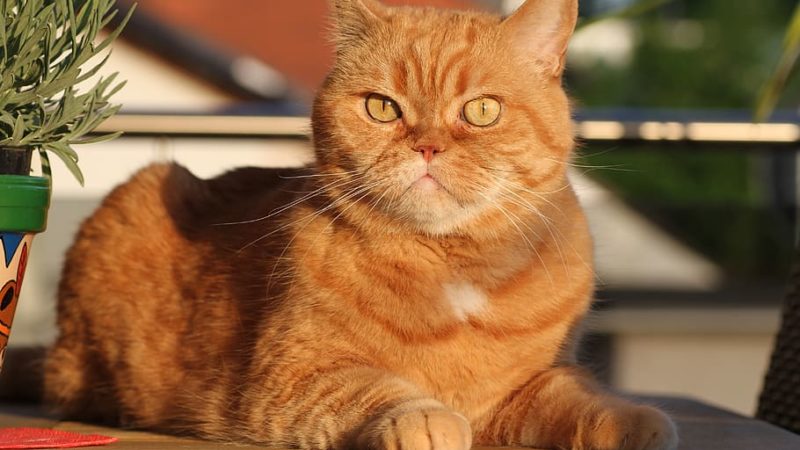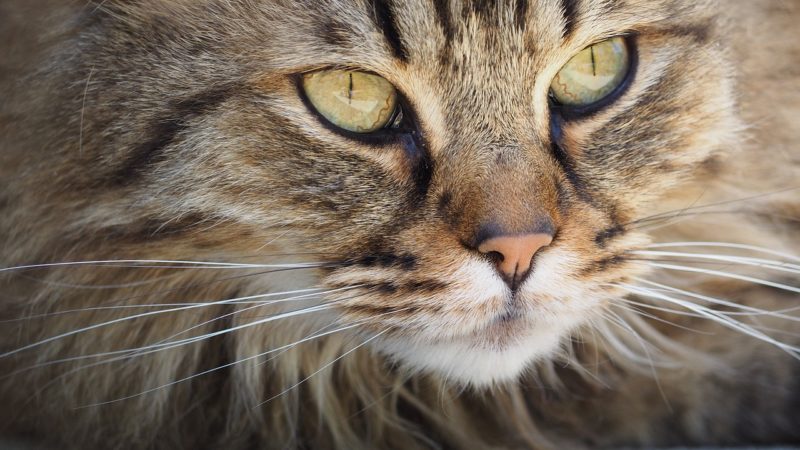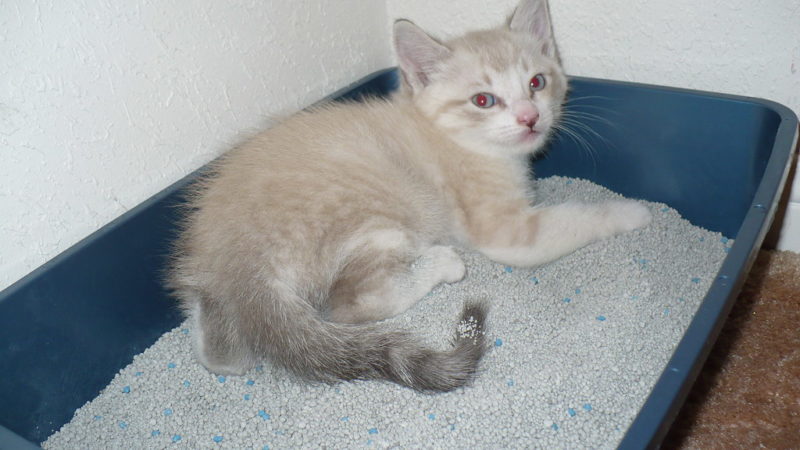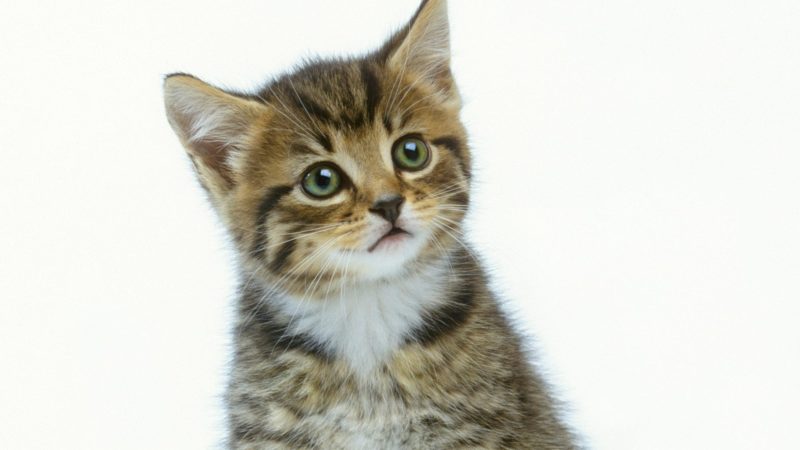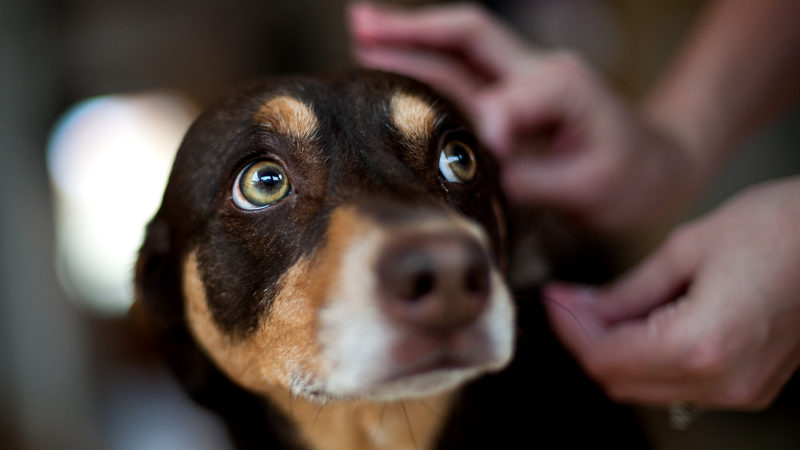Why is My Cat Losing Weight?
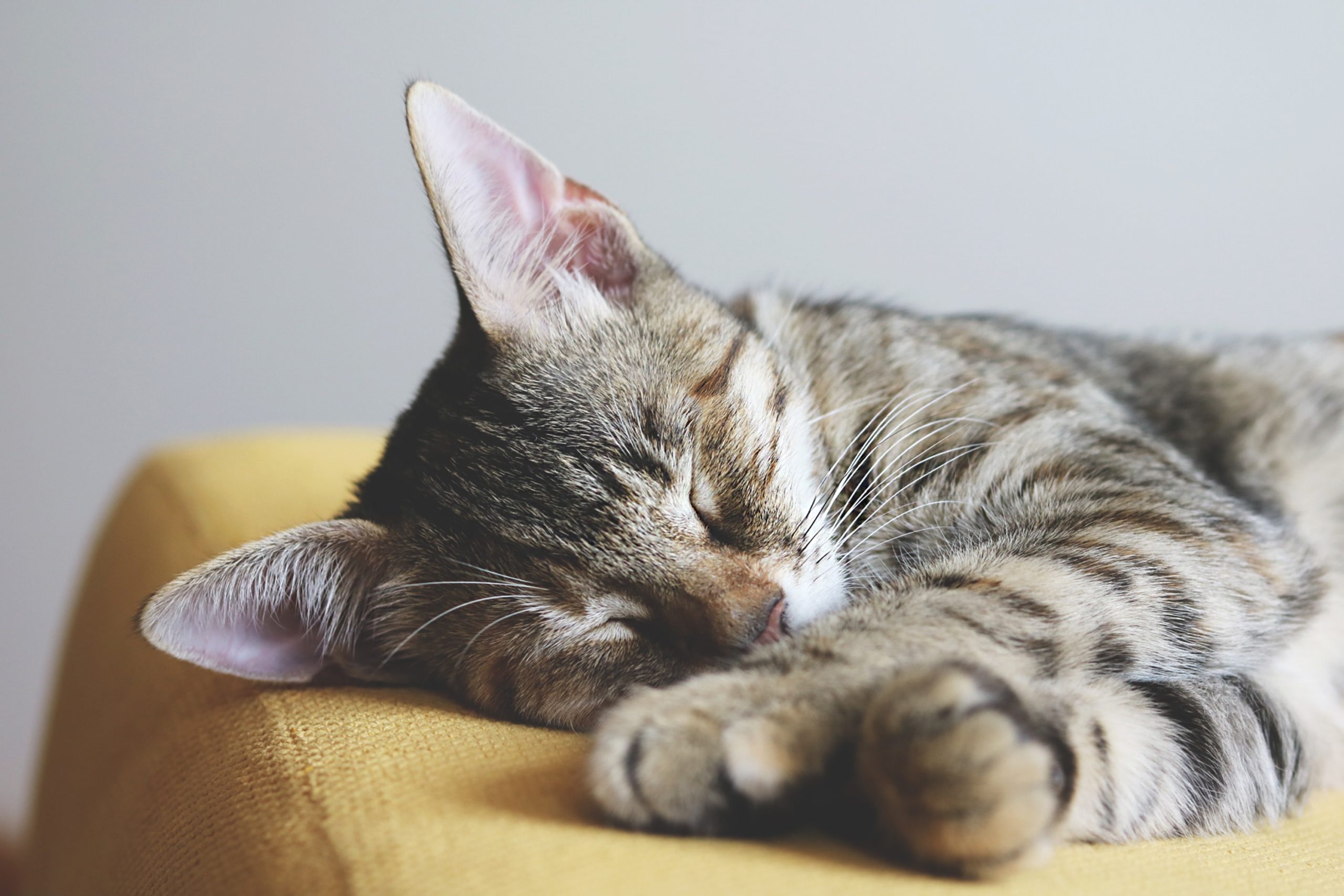
Many cat owners think that it is common for cats to lose weight when they start aging. However, like gaining weight, unintentional weight loss in cats can also be a serious issue. It might be a sign of a health problem. If you notice that your cat is losing weight, then it is essential to take the required action. Here is an article with all you need to know regarding weight loss in cats.
How to Know if a Cat is Losing Weight?
It is quite difficult to identify that your cat is losing weight if it is happening gradually. Moreover, if your cat is a little bit overweight and has a lot of hair, then it could be more difficult to identify whether your cat is losing weight.
In order to identify the condition of cats, you should assess their body properly. You can start by looking from above. If your cat has an ideal weight, then he or she would have a noticeable tuck at the waist. The tuck is visible but not extreme.
The next step is to run your hands along the sides of your cat; the ribs should be covered by a thin covering of fat. If the ribs of your cat are visible and they feel very prominent while running hands, then your cat might be underweight.
Causes of Cat Losing Weight
In most of the cases, the major cause of cats losing weight is not eating enough food. However, weight loss could also be due to underlying health conditions like feline infectious peritonitis. If your cat is eating enough and still losing weight, then there are chances of some disease. Many health issues can cause weight loss in cats, and some issues might be more serious than others. Below mentioned are some of the health issues that can cause weight loss in cats.
Hyperthyroidism
It is a common illness that often affects older cats. Too much thyroid hormone is released by cats with hyperthyroidism due to the enlargement of the thyroid gland in them. The enlargement is caused due to benign tumors that grow on the thyroid.
Some of the common symptoms of hyperthyroidism include increased appetite, weight loss, increased urination, and thirst. Some cats also experience symptoms like hyperactivity, diarrhea, and vomiting. If you find any of these symptoms, you should seek medical help immediately.
Gastrointestinal Problems
Issues in the GI tract can also lead to weight loss in cats. Common symptoms of GI issues include weight loss, diarrhea, vomiting, lethargy, and more. Some of the common GI issues in cats include pancreatitis, intestinal parasites, and inflammatory bowel disease.
Diabetes
Diabetes mellitus can also cause weight loss in cats. Some common symptoms include increased appetite, lethargy, and increased urination and thirst. Diabetes can be managed in cats with diet changes and proper medication.
Dental Issues
Dental and oral issues can cause pain in cats, which in turn can lead to decreased appetite and weight loss. Common dental issues in cats include tooth fractures, resorptive lesions, and periodontal disease.
Stress
Stress can also be a reason for weight loss in cats. Any environmental stress can lead cats to anxiety and stress. One of the common symptoms of stress is a poor appetite, which in turn can lead to weight loss.
You can avoid weight loss in cats by monitoring their body regularly, and in case of severe symptoms like diarrhea or vomiting, you should seek medical help.
Treatment for Weight Loss in Cats
The treatment for weight loss in cats can only be started after knowing the real cause. If you see that your cat is losing weight, consult your vet as soon as possible. The veterinarian will perform a physical exam, and he may suggest some lab tests to find the root of the problem. Only after the results of the tests, the veterinarian can recommend some diet changes, medicines, or any other effective treatment.
If the tests are perfectly fine, then the weight loss is due to a lack of proper diet. Ask the expert for any dietary changes, or if there are any reasons that the cat may be suffering from stress, make sure you do something to reduce it. A good food supplement may be given to maintain a healthy weight.
If the cat weight loss continues despite the positive changes, make sure to visit the vet. Additionally, you can seek help from an animal specialist for advanced treatment.
How to Prevent Weight Loss in Cats?
Preventing weight loss in your cat demands specific steps. You must monitor the health of your cat, and you can also prepare a chart for it. Make sure you visit the vet regularly to prevent any potential illness. As always, prevention is better than cure, so treatment in early stages can prevent serious issues.
Read More: Cats and Coronavirus

